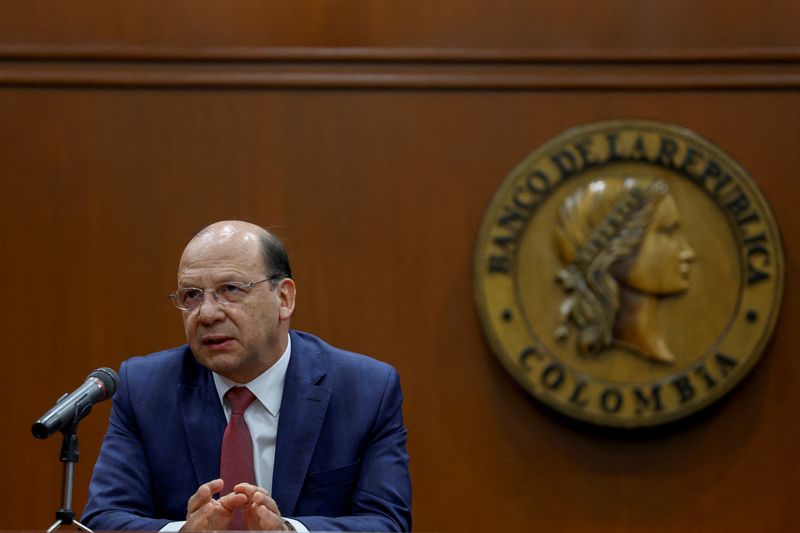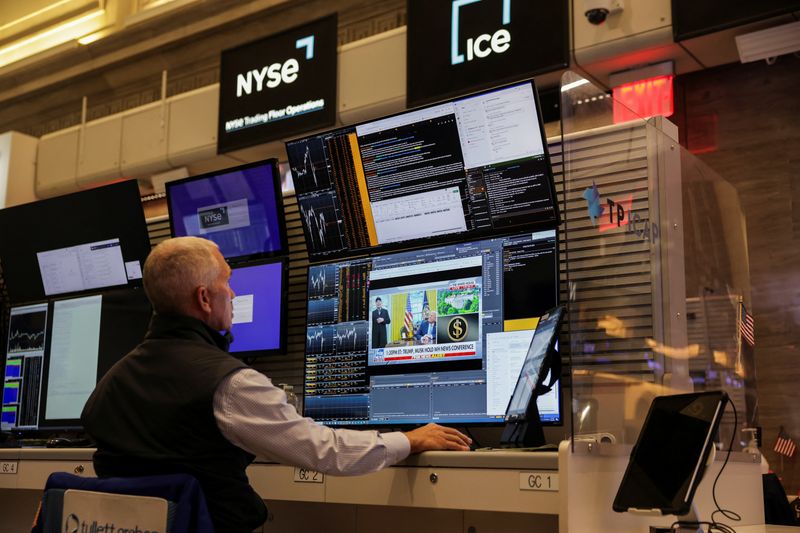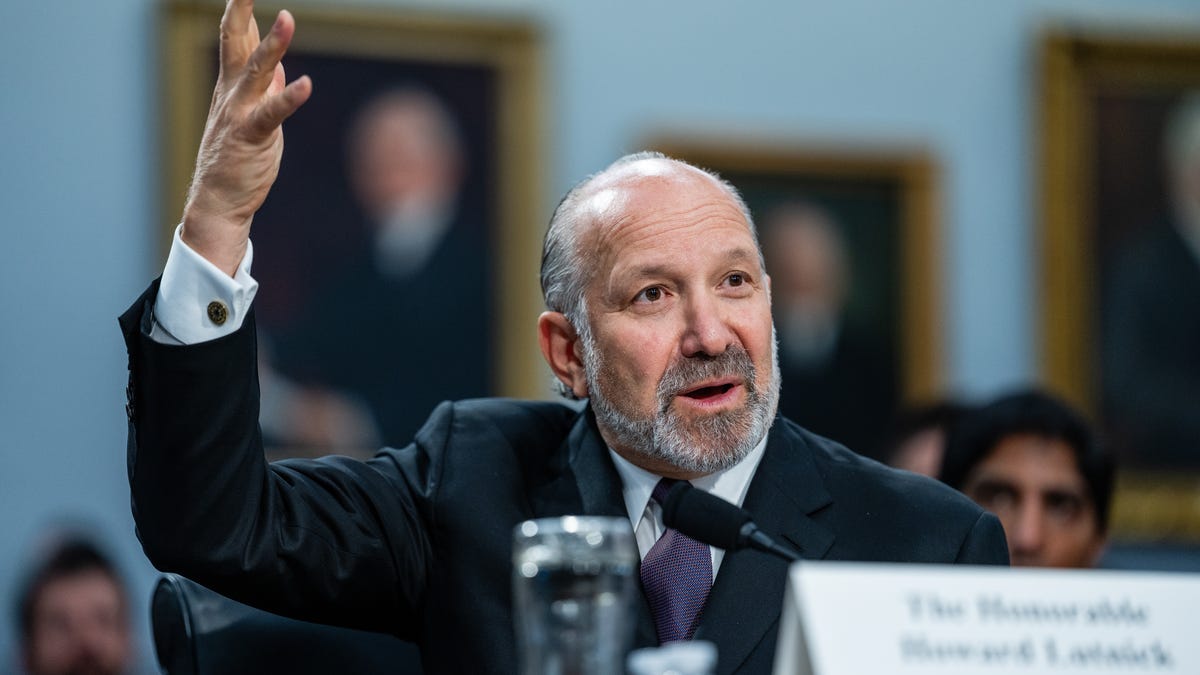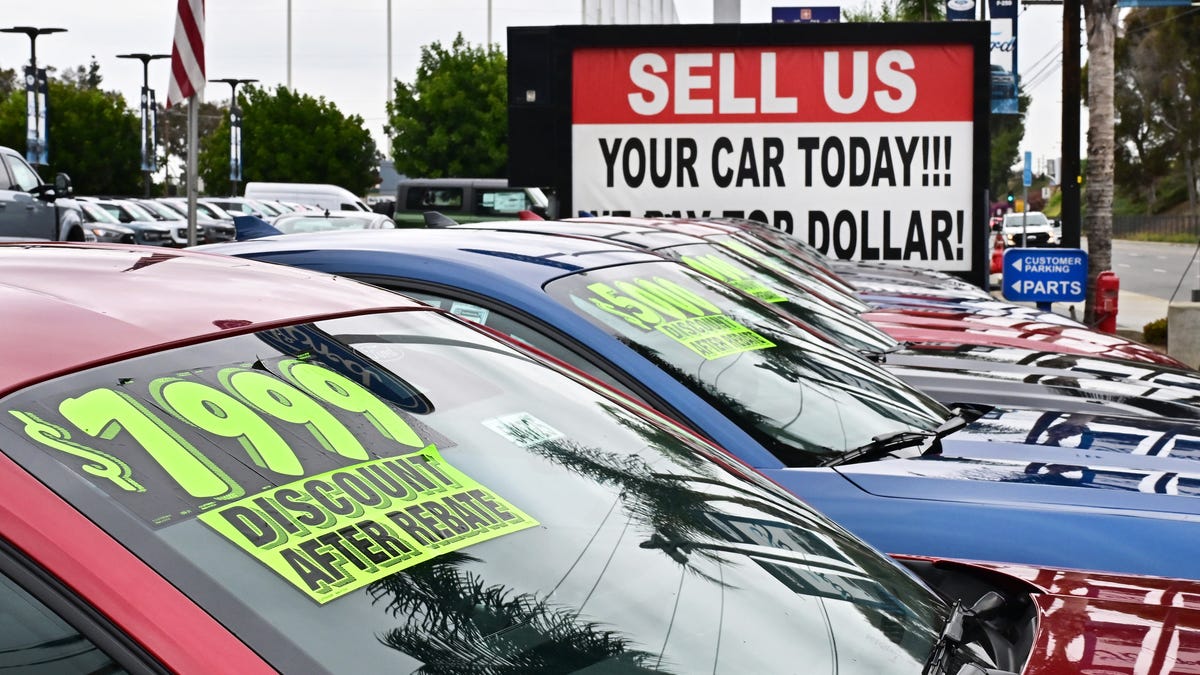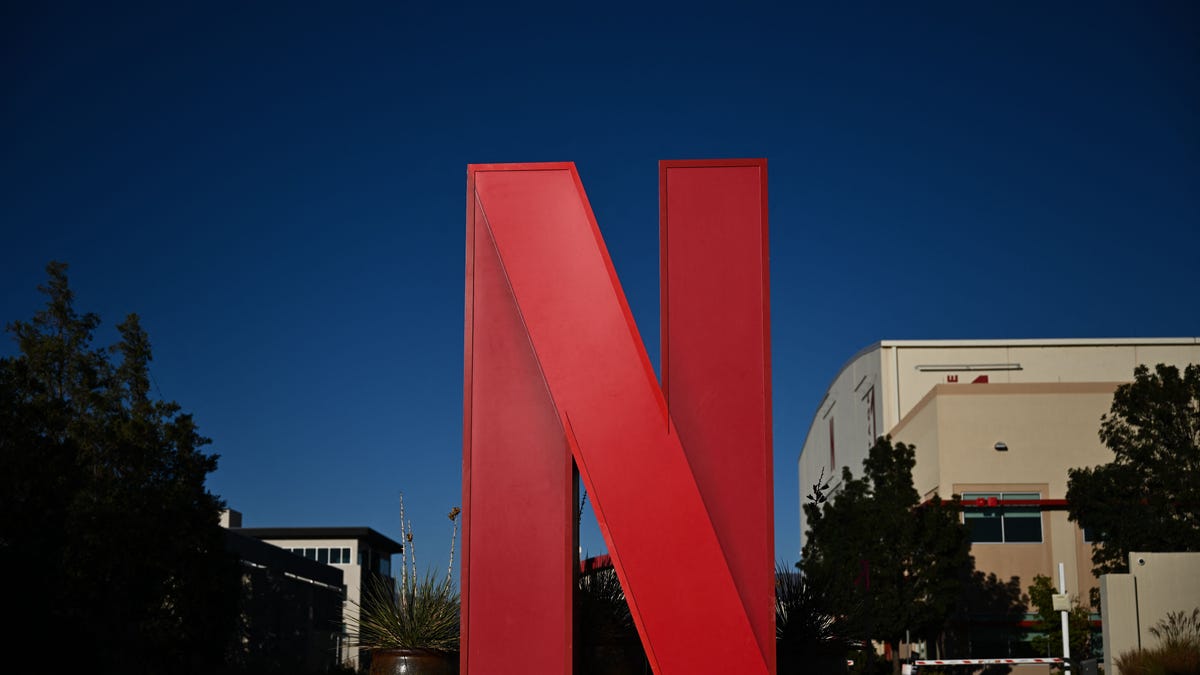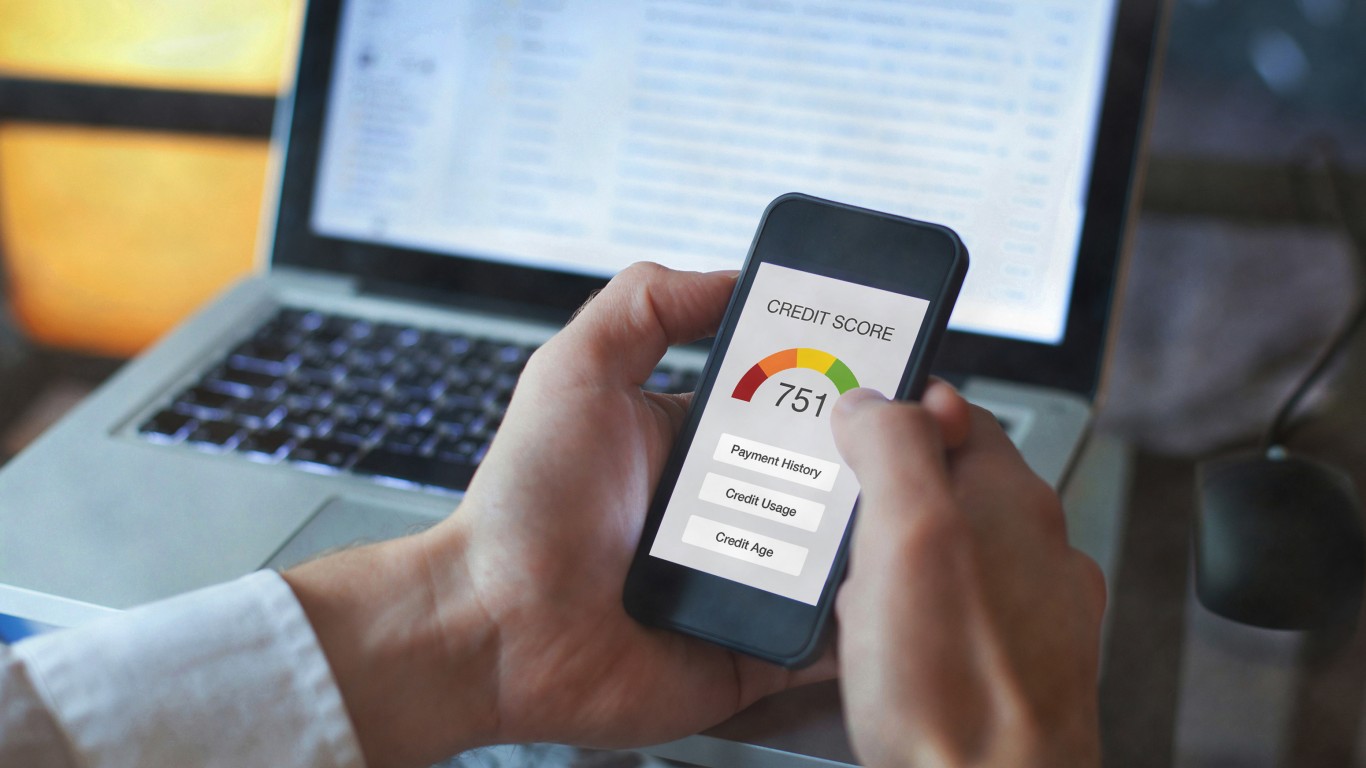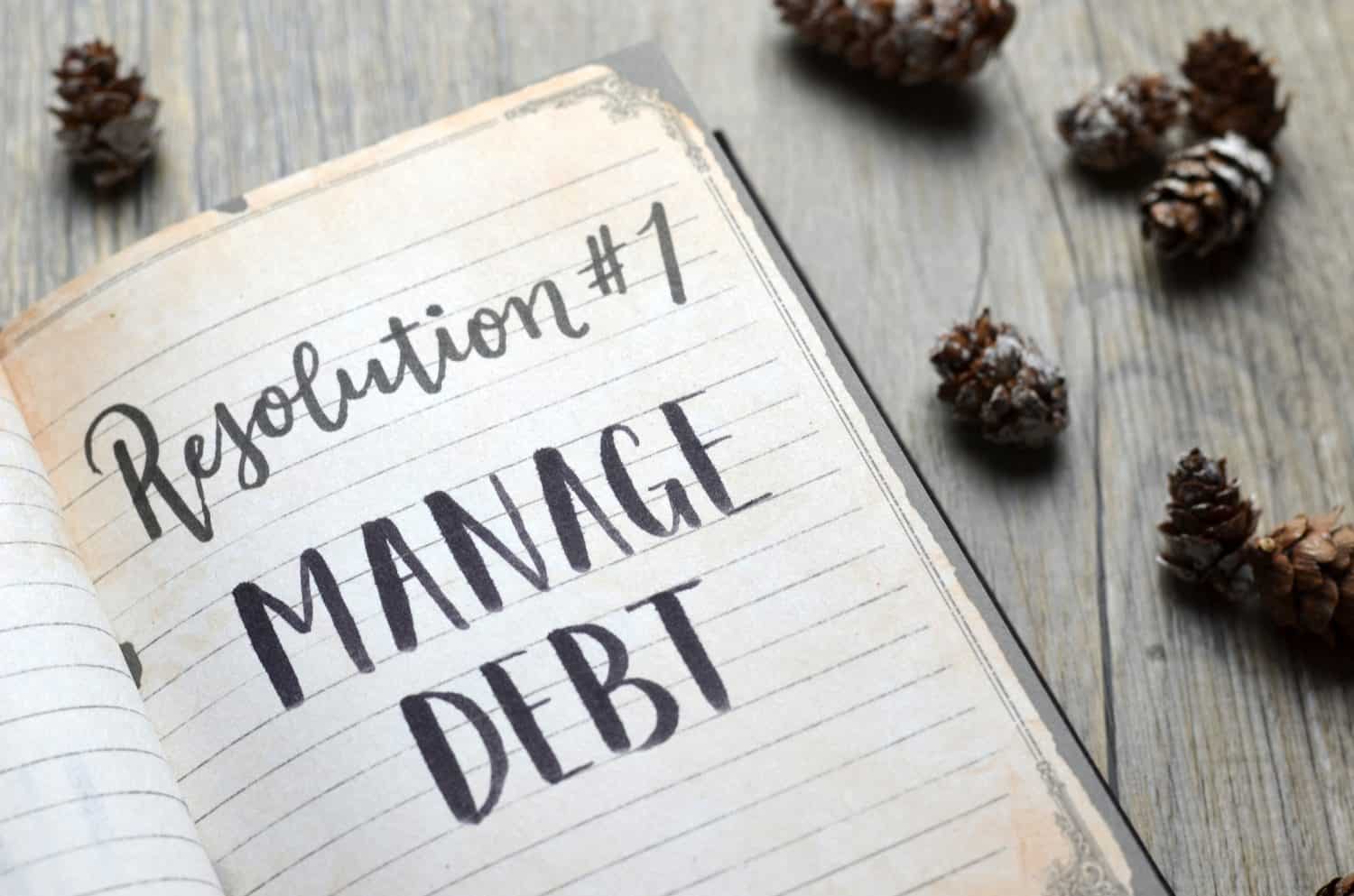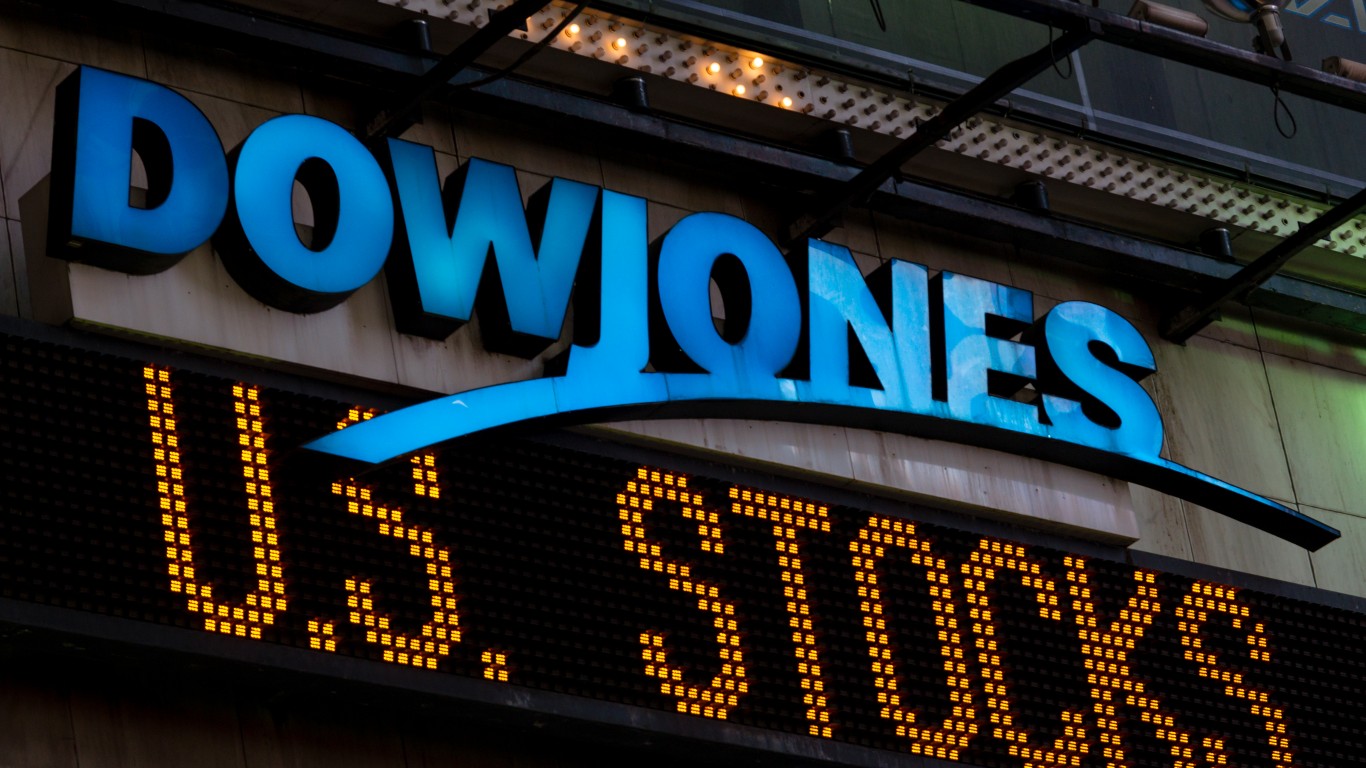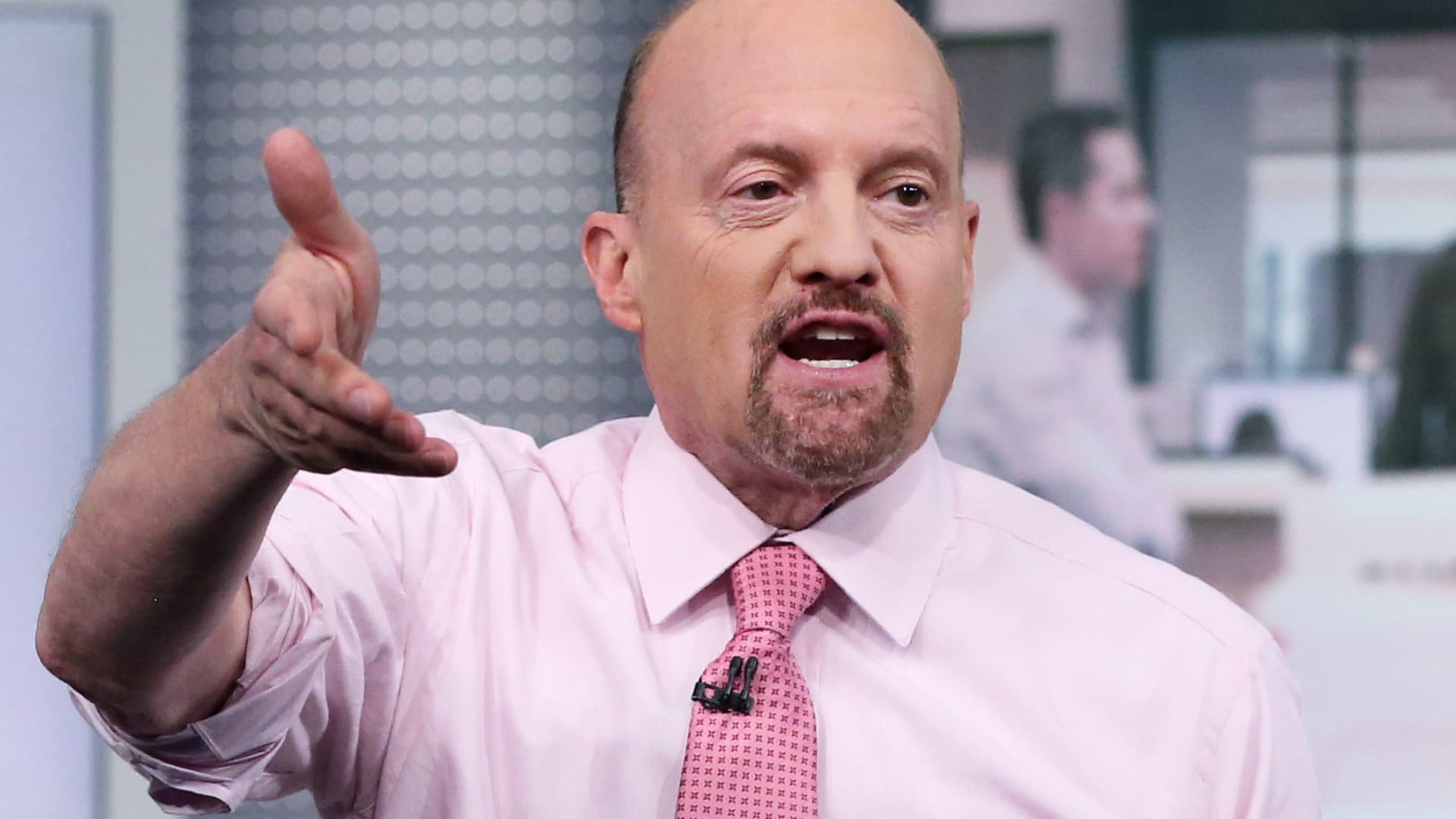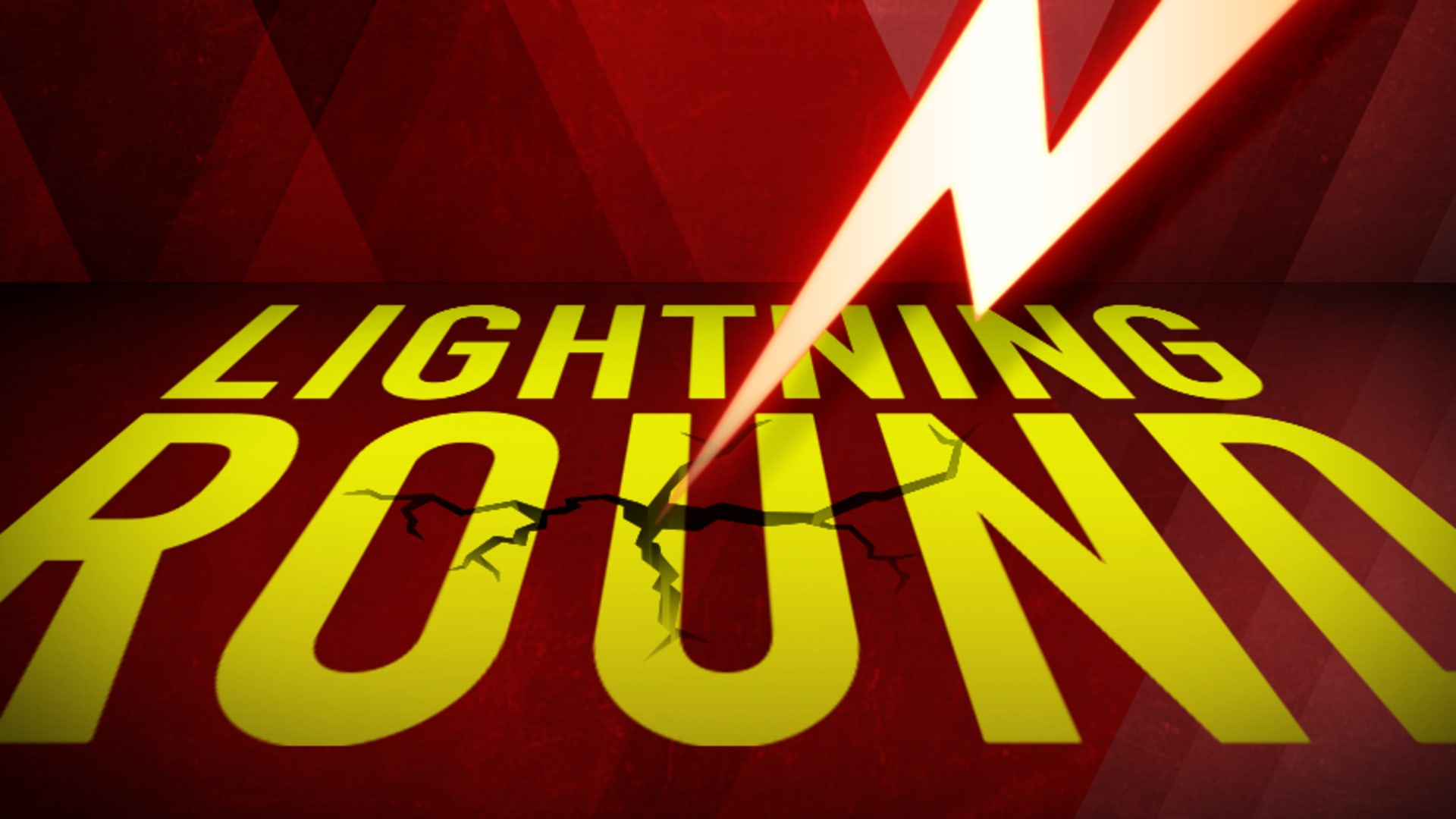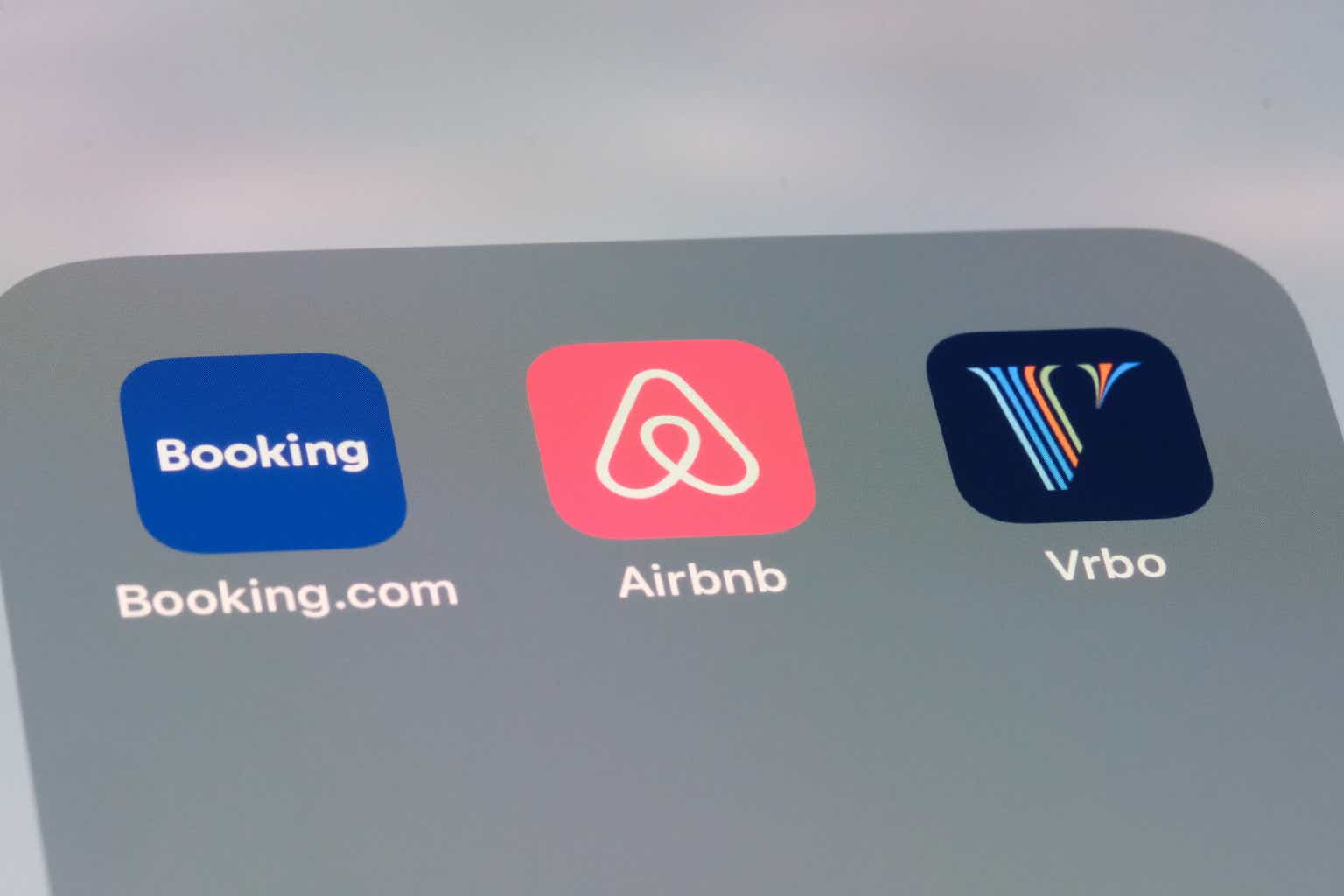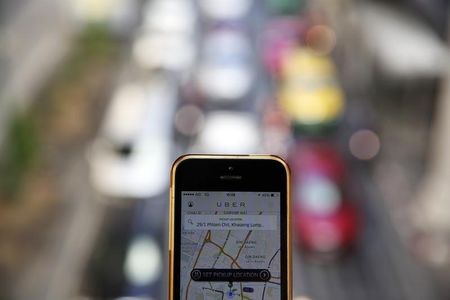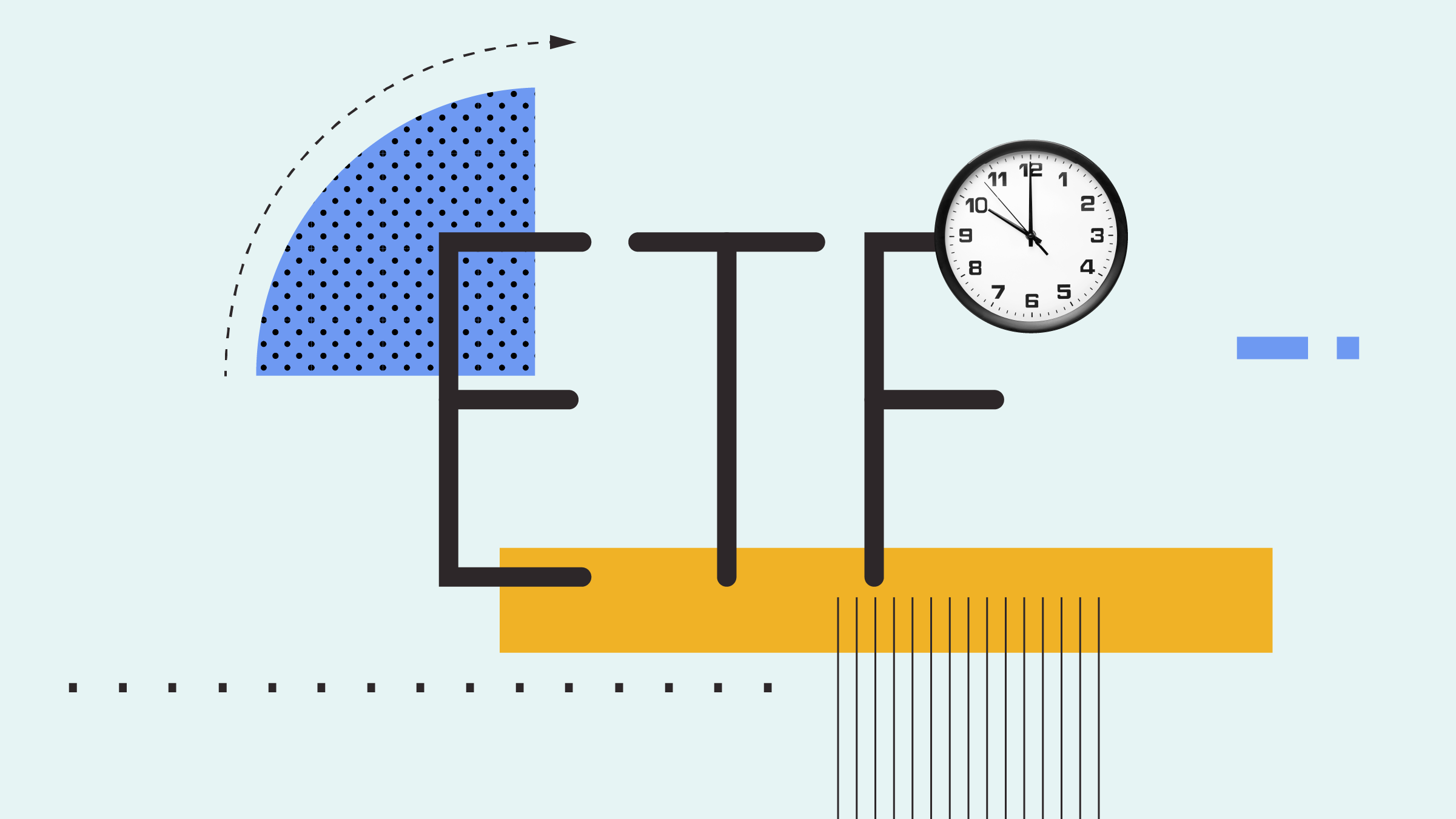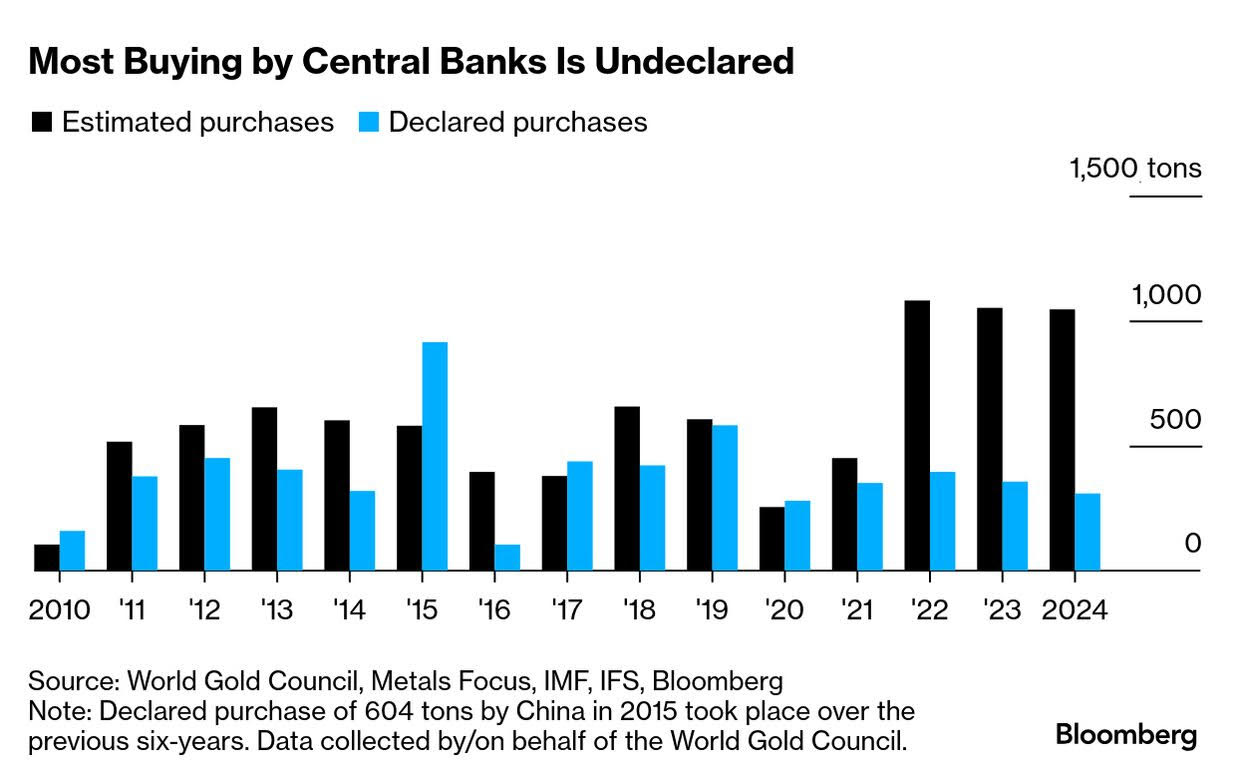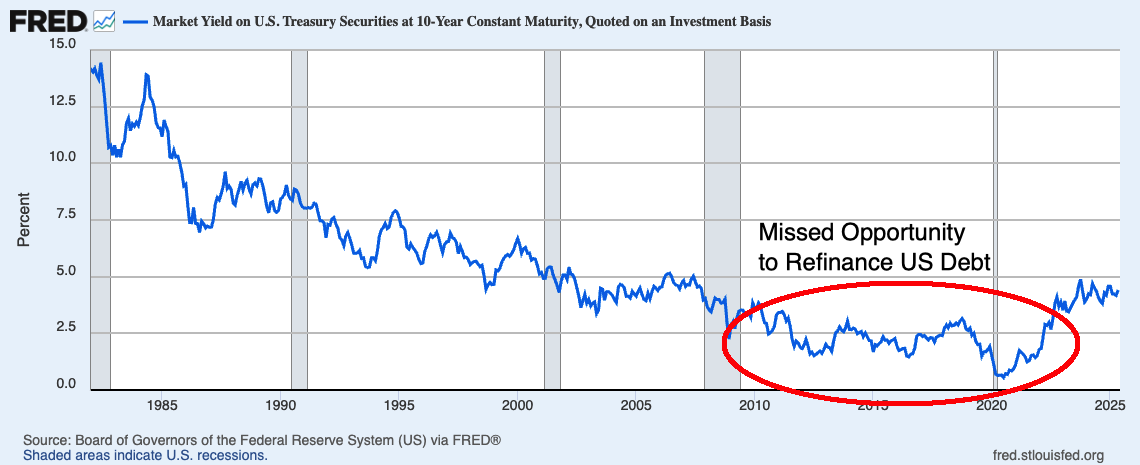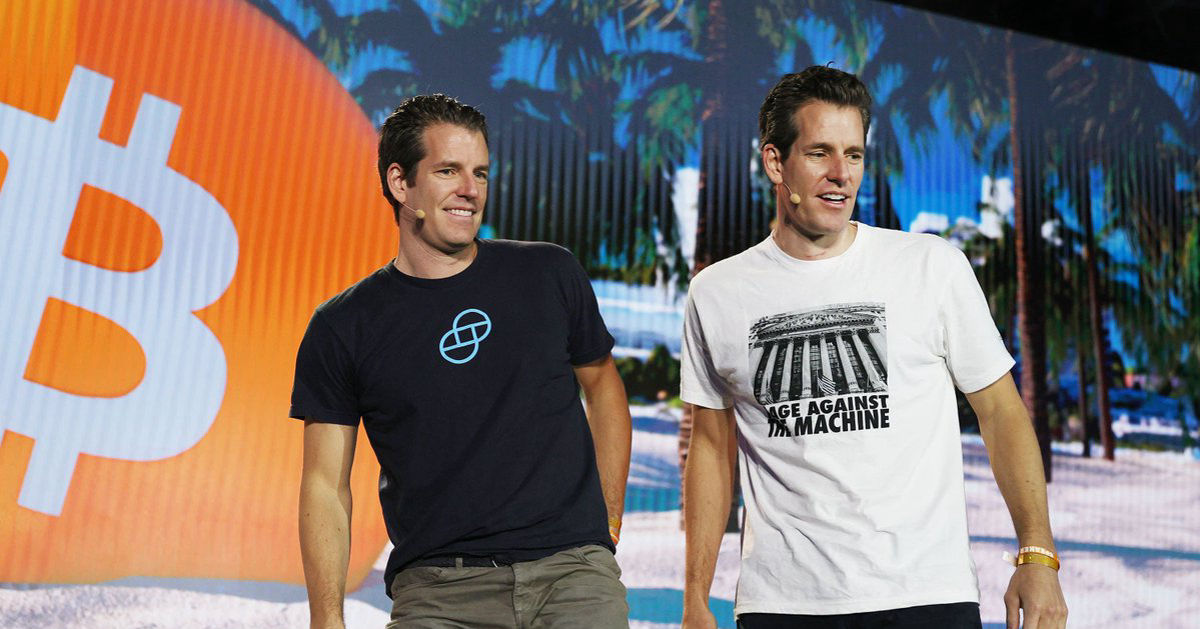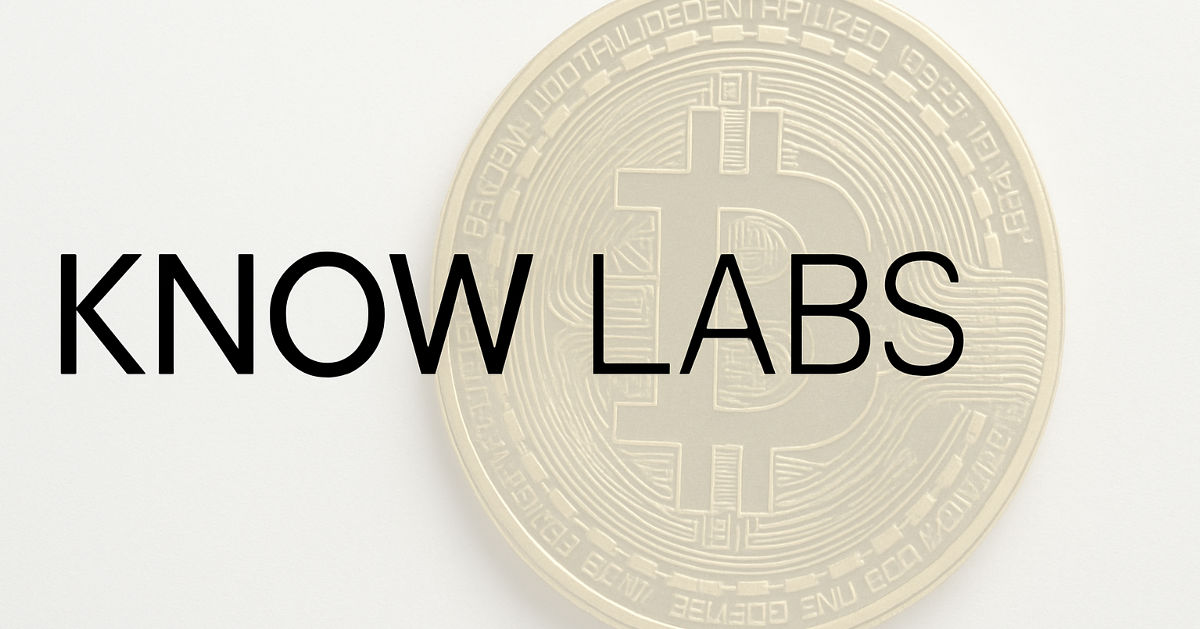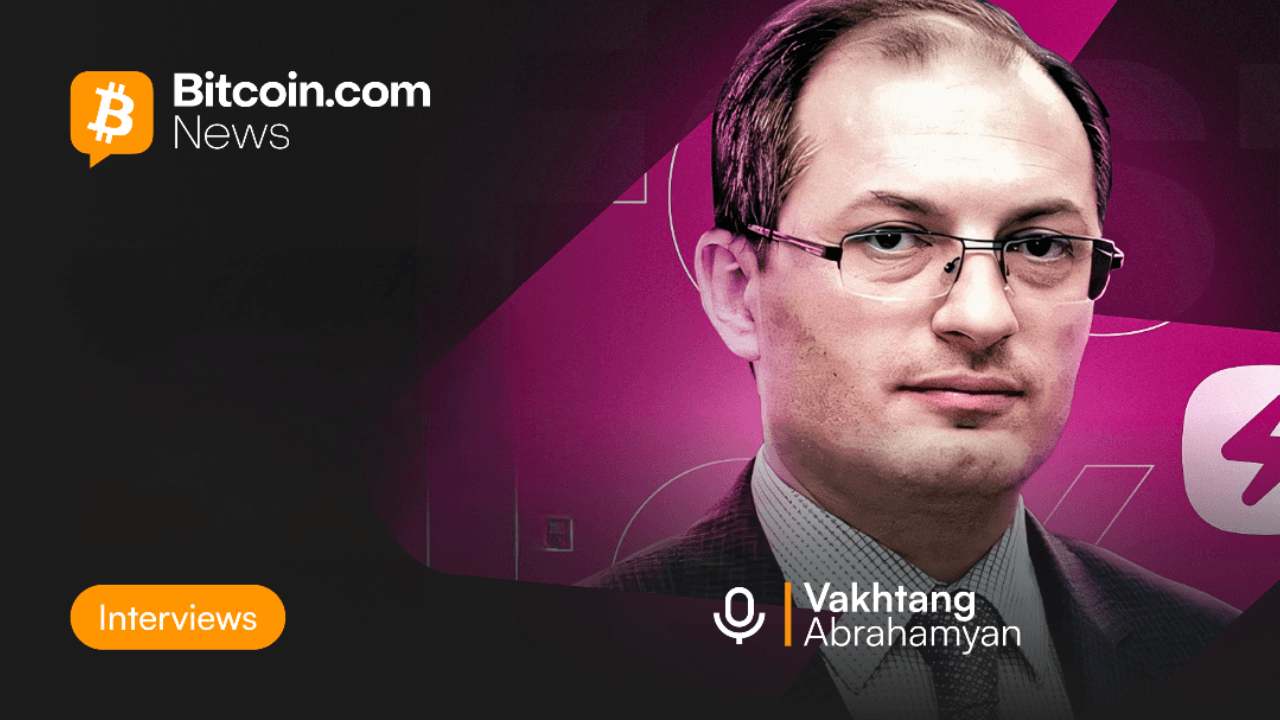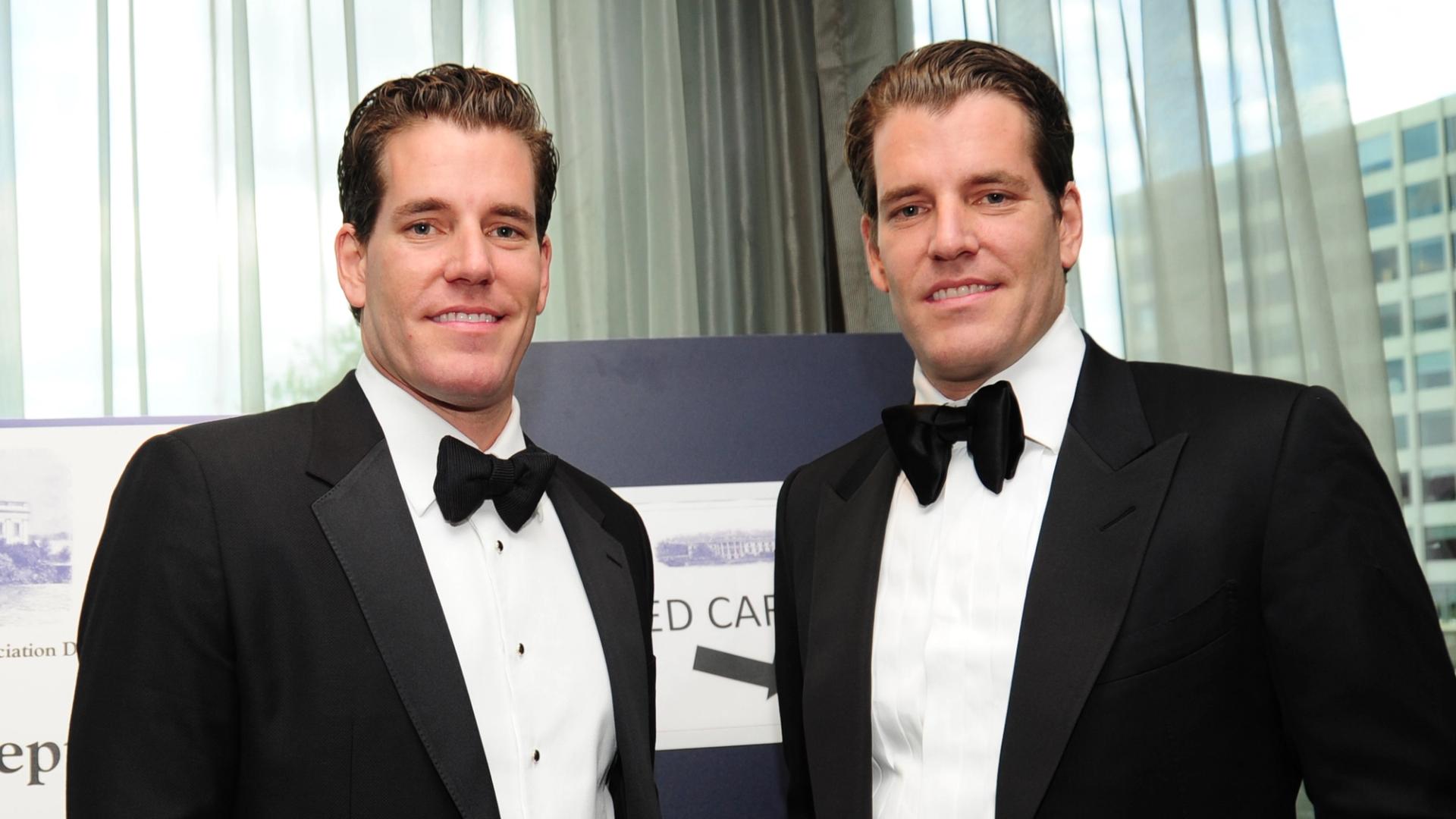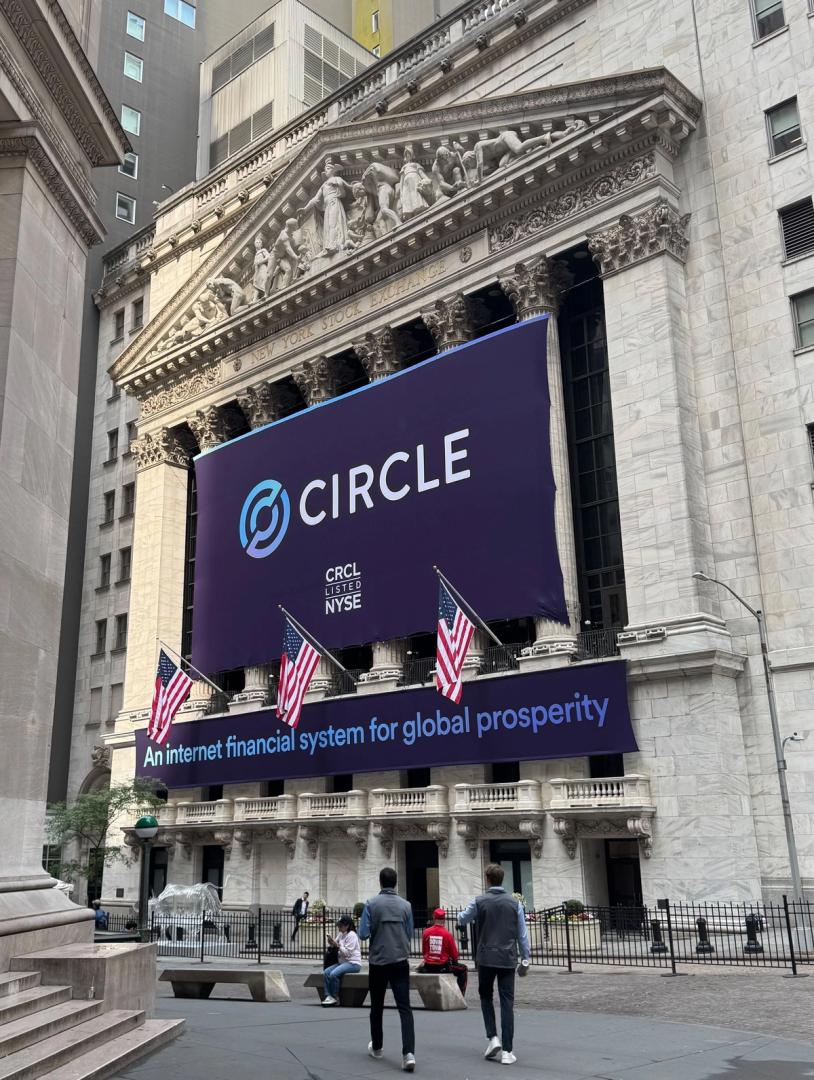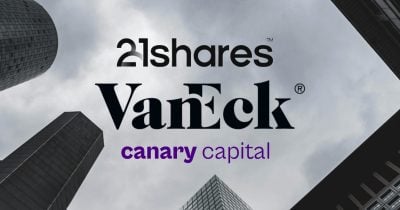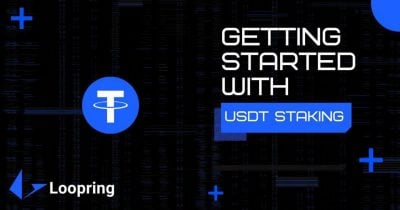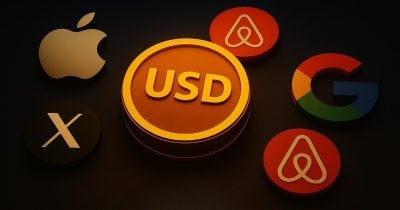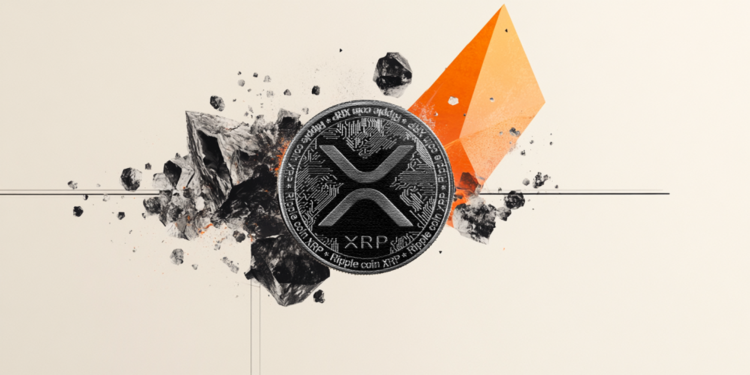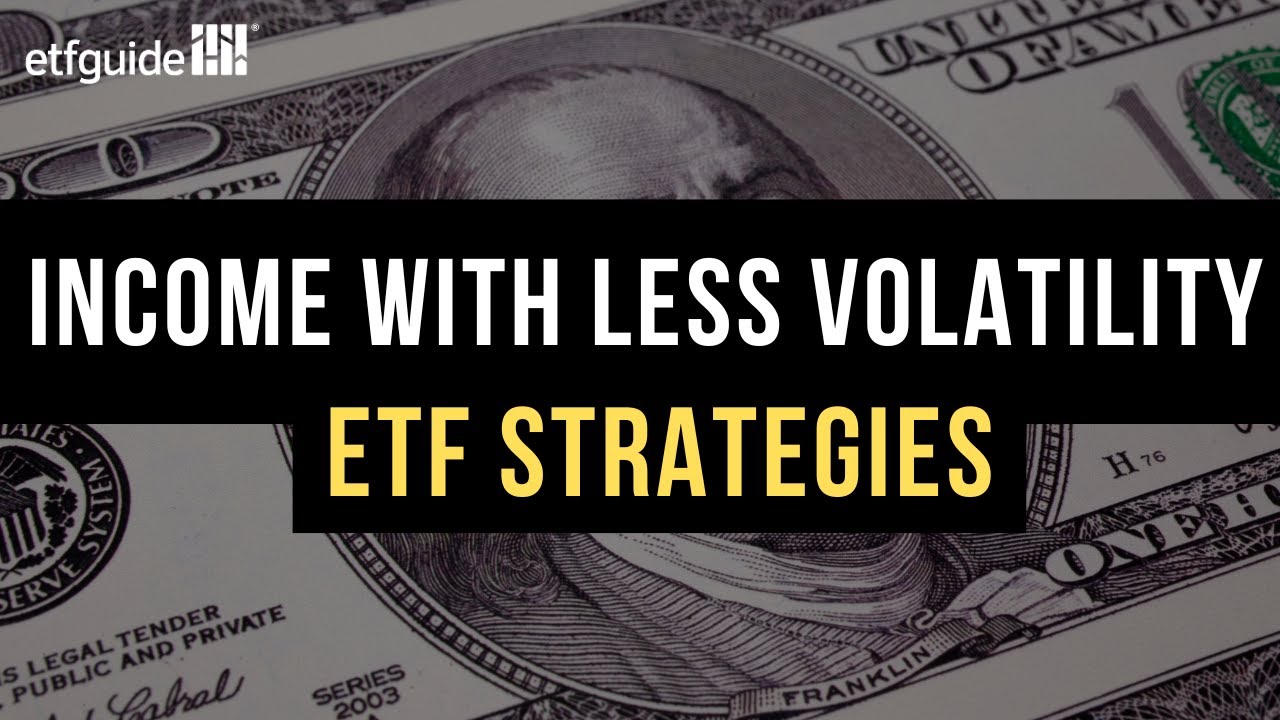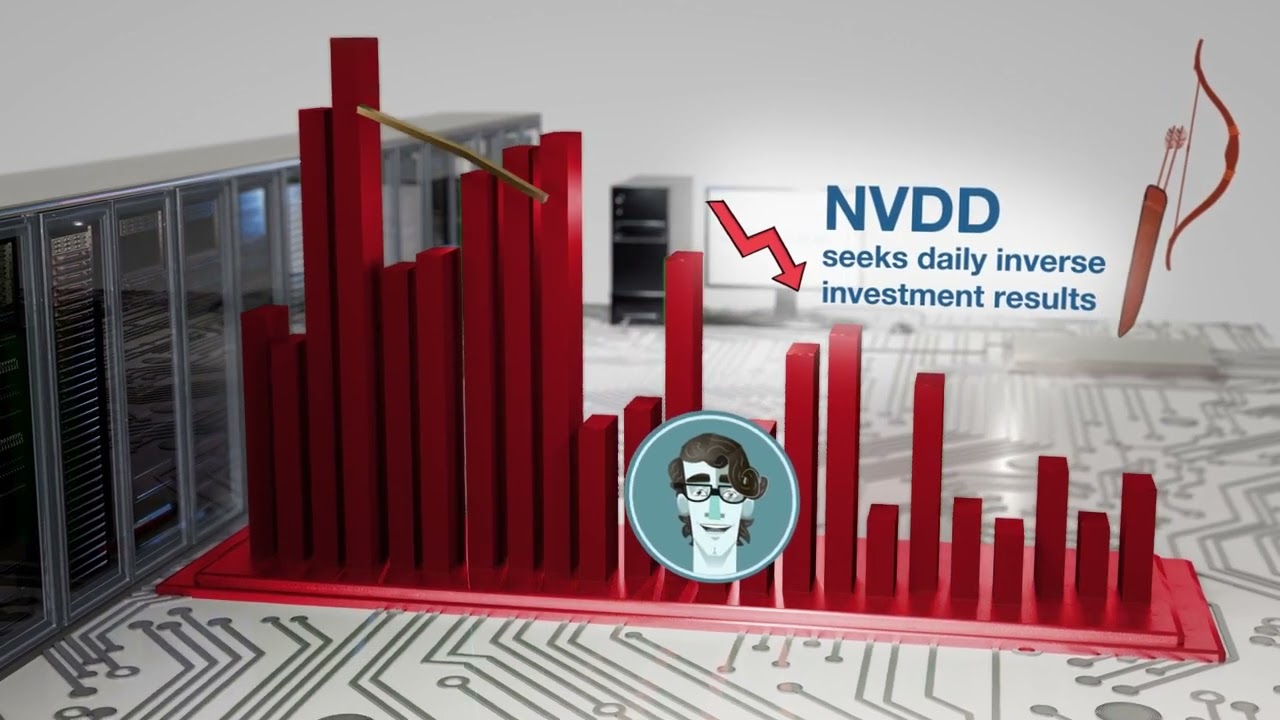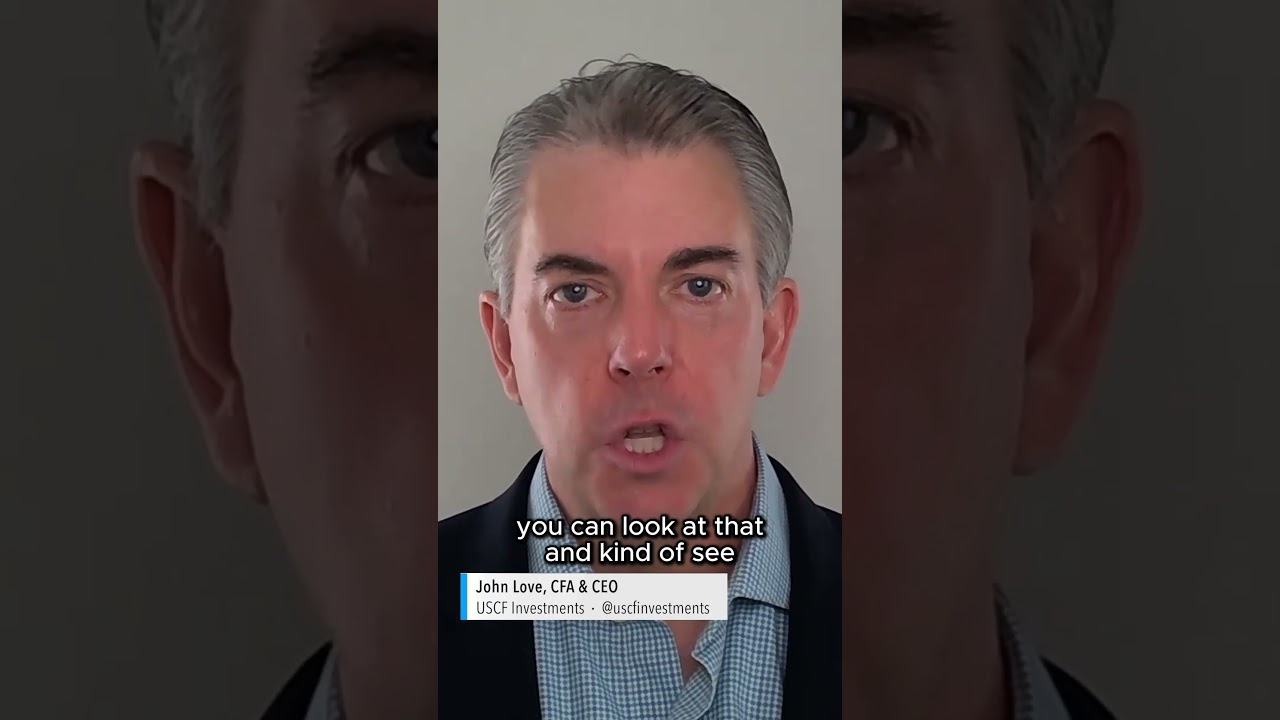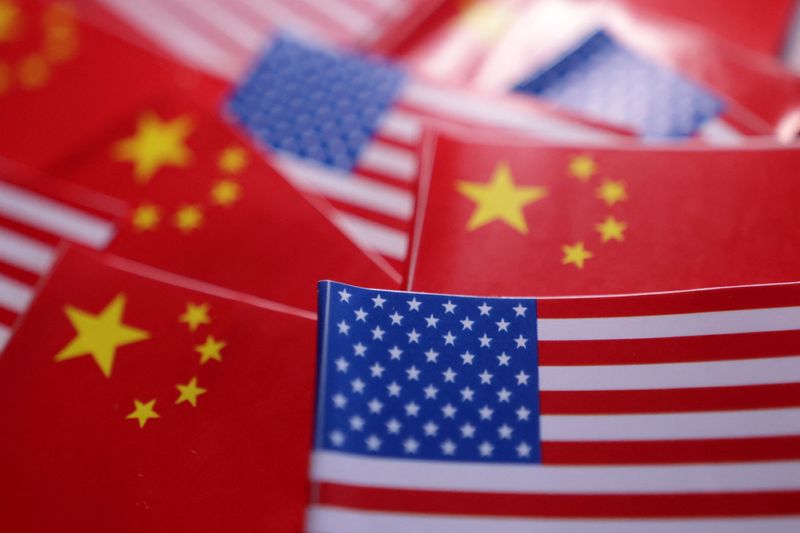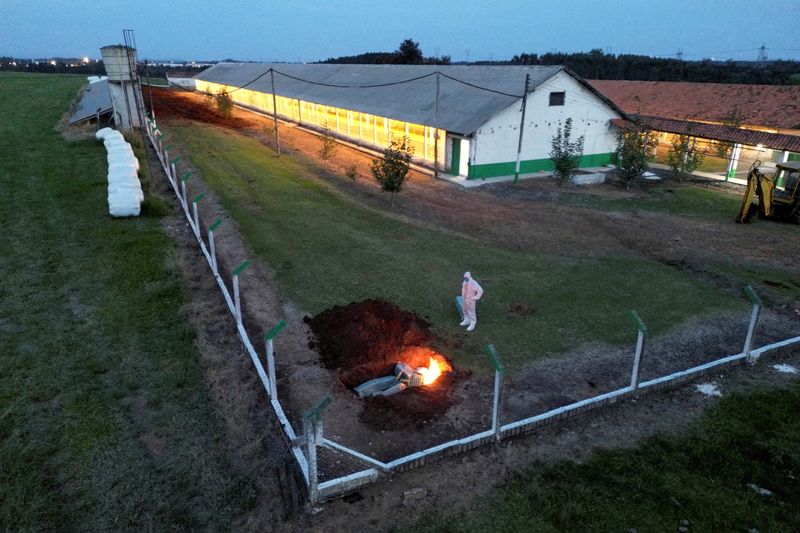I Spent $80,000 on Private School but Make $800,000, Is That Fine?
The only person who can deem it “fine” to spend such an extraordinary amount on private school is the parent who has to pay that hefty bill. Undoubtedly, someone with an obscenely high income (think $800,000) can easily afford to pay $80,000 per year on private school. However, just because someone can spend big money […] The post I Spent $80,000 on Private School but Make $800,000, Is That Fine? appeared first on 24/7 Wall St..

The only person who can deem it “fine” to spend such an extraordinary amount on private school is the parent who has to pay that hefty bill. Undoubtedly, someone with an obscenely high income (think $800,000) can easily afford to pay $80,000 per year on private school.
However, just because someone can spend big money on something worthy, such as educational expenses, doesn’t mean one should. Personally, I don’t view $80,000 on private school as a very good value for money, regardless of what one’s getting paid.
And while this Reddit user, who claims to pull in an income in the high six-figures, may be keen on private, I’d argue that there are much cheaper private schools to put a child in that don’t entail paying fees that exceed the annual incomes of most Americans.
Key Points
-
$80,000 on private school seems excessive, even for this high-income earner.
-
The opportunity costs seem too high. But if you’re making $800,000, I suppose it’s “fine” for those who are keen.
-
Are you ahead, or behind on retirement? SmartAsset’s free tool can match you with a financial advisor in minutes to help you answer that today. Each advisor has been carefully vetted, and must act in your best interests. Don’t waste another minute; get started by clicking here.(Sponsor)
The sky-high opportunity costs of overspending on private school
A pretty strong argument could be made that the money that would have otherwise been sunk into private school may have been better invested in other areas to improve the prospects of a child. For instance, saving the money for college or university, I believe, makes a lot more sense.
Indeed, I’ve heard cases of parents who’ve paid exorbitant sums of money for many years of private school, only to leave them to pay their own university tuition. Personally, I don’t think that makes a ton of sense.
Additionally, the cash could have been set aside to help the child pay off a small mortgage by the time they’re all grown up. Indeed, having a home and college bills paid off, I believe, is a better use of excess cash than the very best and most elite private school in the state.
In any case, if one has considered all the opportunity costs and is still fine with spending 10% of one’s annual income on an elite private school, one should weigh the added value one will get from a $80,000 school compared to one that costs closer to $60,000 (or even less).
Is a top-tier private school really one’s top financial priority?
Though only the parent who’s paying the bill can tell if a pricey private school is worth the price of admission, I’d be inclined to think that there are more pressing financial targets to consider first. Indeed, staying ahead on one’s retirement should be a priority, as too should saving up for a child’s post-secondary pursuits.
And while our high-income earner may be taking less of a financial sacrifice compared to most other families, I still think saving and investing the sum for a child’s future is the smarter move, especially given the profound disruptive potential of artificial intelligence (AI) and its impact on the labor market over the next two decades.
What about the AI factor?
As machines start displacing more white-collar jobs, it’s unclear as to whether top-notch private schools and college degrees will still be as valuable in the job market, especially if we are in for a great displacement of sorts.
Recently, Anthropic CEO warned that AI could eliminate around half of white-collar jobs within five years. That’s quite alarming and should be taken into consideration before spending on an educational pursuit that may not necessarily translate into better work prospects.
Given such profound uncertainty, I’d argue it’s best to shore up a rainy day fund, not just for oneself, but for one’s children, as well.
The bottom line
In short, I think it’s fine for this specific high-earning individual to spend 10% of their paycheck on private school, provided they’re aware of the opportunity costs, uncertainties posed by AI, and the risk of failing to achieve a satisfactory return on investment.
Given such risks and unknowns, I’d argue that investing $80,000 annually on private school won’t provide the best return in the world. We all want to see our children thrive, but there are arguably better ways to give them a head start in life.
The post I Spent $80,000 on Private School but Make $800,000, Is That Fine? appeared first on 24/7 Wall St..





